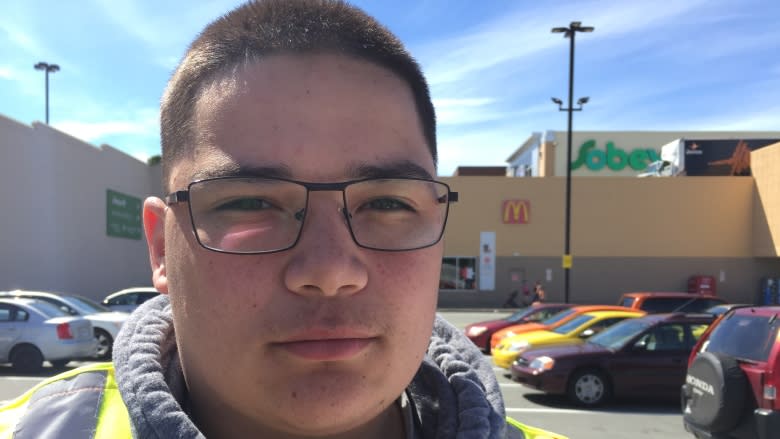Would you like jail time with those fries? Spotting impaired drivers at the drive-thru
Const. Dave Stewart remembers getting a call last year from a manager at a fast-food restaurant reporting a drunk customer in the drive-thru.
When Stewart, of the Halton Regional Police Service in Ontario, arrived on scene, it was clear the manager made the right decision. "He was practically passed out at the wheel."
But what happened next was just as disturbing, said Stewart. After the arrest, he asked the manager how often he calls 911 about drunk drivers.
"And he told me he only calls in the bad ones."
That's not good enough, said Stewart. "We want people to call, even if they have a suspicion."
Project Drive Thru
Stewart is now spearheading a pilot program called Project Drive Thru that launched in May. It includes 38 fast-food restaurants in Burlington.
In addition to meeting with managers and staff, Stewart created a YouTube video and put posters inside drive-thru windows to remind cashiers of what do look for when trying to spot impaired drivers.
Drive-thru workers are in an ideal position to detect impaired drivers, said Anissa Aldridge of Mothers Against Drunk Driving.
"They can look into the car, they can see if there's open alcohol, they can see if there's drugs," she said. "They can see how they actually manoeuvre getting into the drive-thru. Yeah, I think it's a great vantage point."
No need for statement
People who call 911 to report a suspicious driver are not required to make a statement or file an official report. The idea is to put as few barriers as possible between on observation of intoxication and the decision to call police.
Thai Manilay-Lake, 19, knows all too well about impaired drivers who suddenly get the munchies. "I was working at Tim Hortons and an impaired driver came through. He was intoxicated on marijuana."
Manilay-Lake said the driver was smoking a joint while placing his order.
But Manilay-Lake didn't call. "I don't know. At the moment there I just wasn't thinking right and just told him to keep on moving."
Program could spread
Manilay-Lake said he might have called 911 if he'd been encouraged to do so through a program like Project Drive Thru.
Stewart said that he's already made one arrest after a call from a drive-thru worker trained through the program, but that it's too early to say how effective the project will be.
In 2016, Halton police arrested 10 people through calls from drive-thrus, before the program was launched.
Stewart said if the number of arrests goes up this year, he'll try to expand Project Drive Thru to other police jurisdictions.



